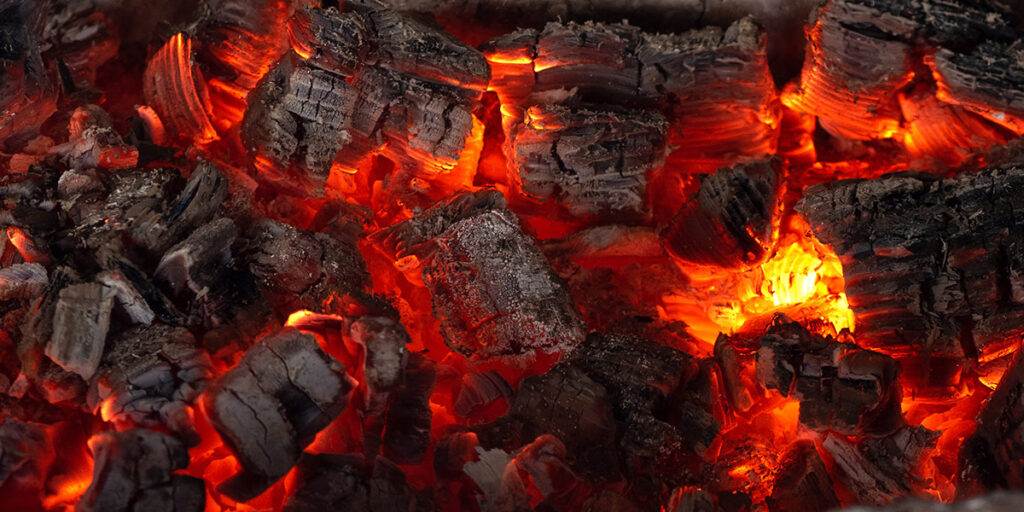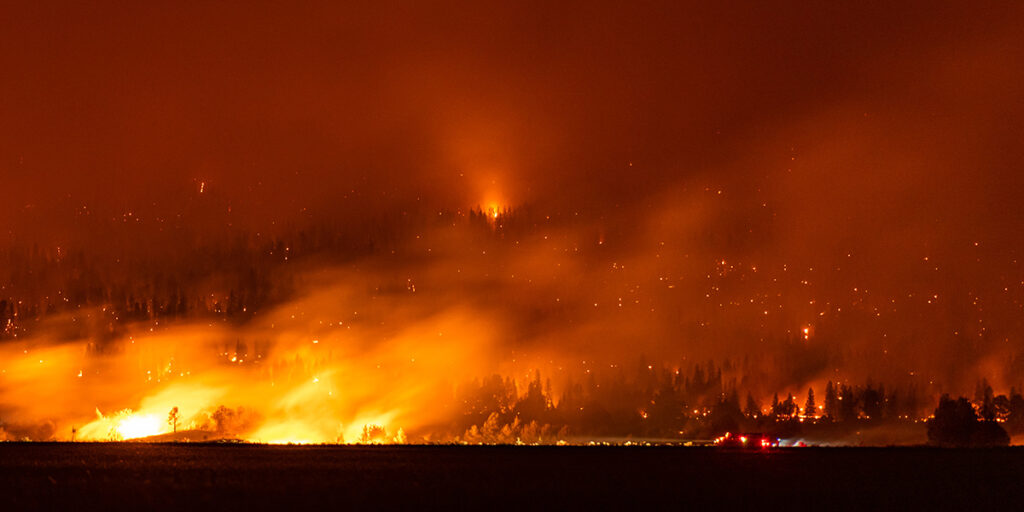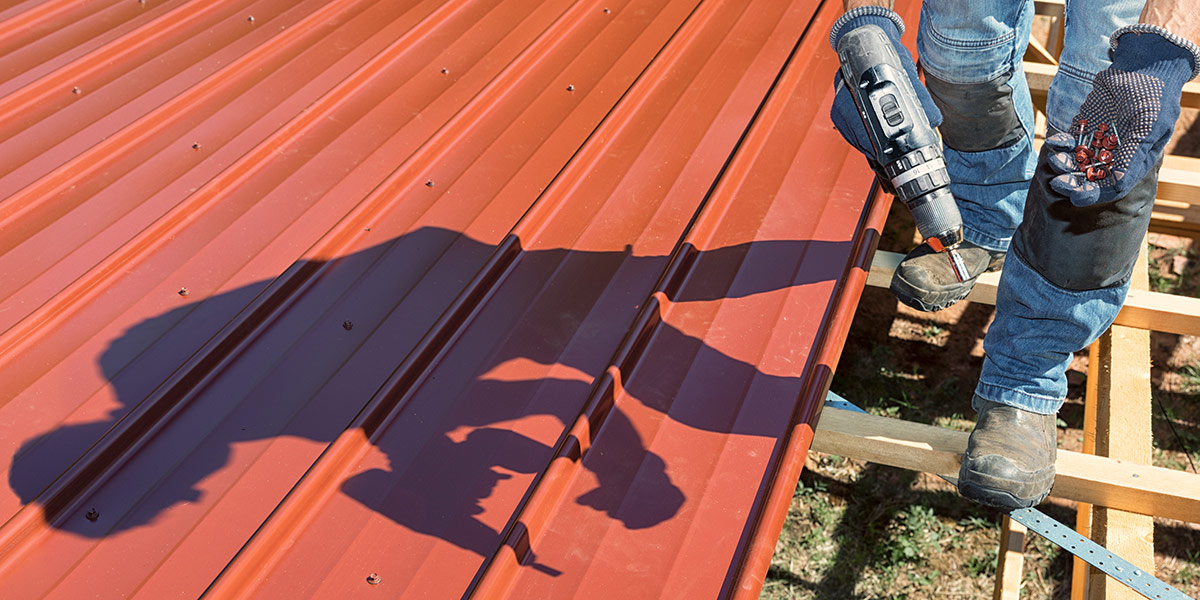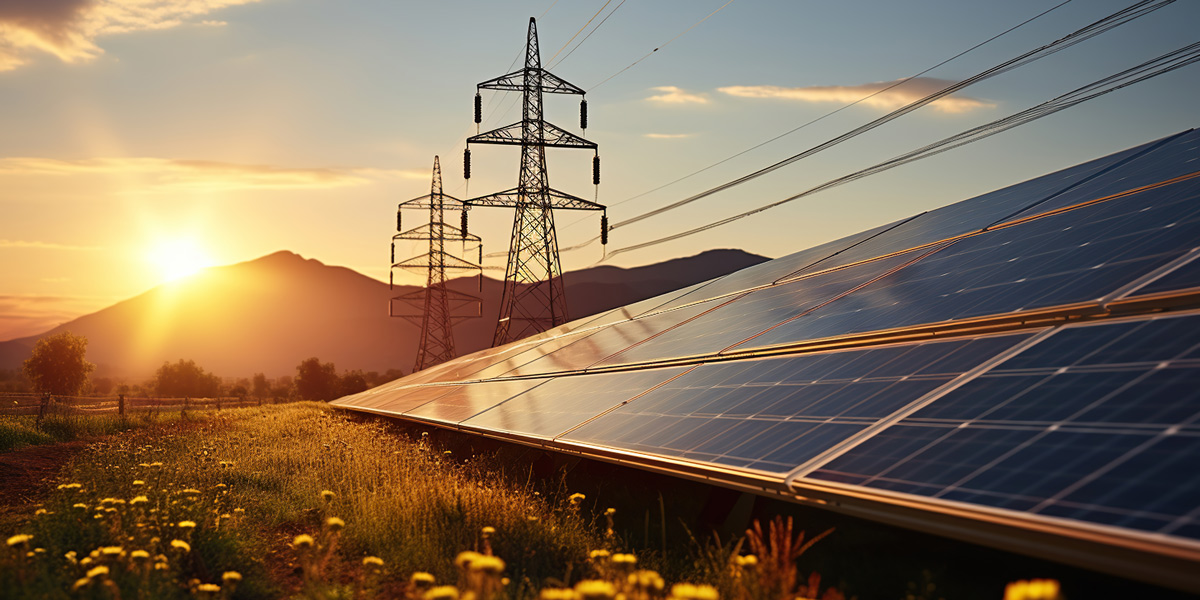Building Tomorrow: Powering Safety and Resilience through Global Energy Codes
In the wake of Japan’s 1978 earthquake, the world embraced building codes, evolving them beyond seismic resilience. Now, a new frontier emerges — building energy codes, a global crusade for safety and resilience.
As climate change intensifies, power outages from extreme weather events pose a grave threat. Enter energy codes, championing ‘passive survivability’ by fortifying structures against harsh conditions.
Atlanta’s example is compelling — compliant buildings endure cold and heat events significantly longer. Cities from Brussels to the UK are already pioneering these codes. Collaborating globally, we’re mapping pathways to efficiency and resilience, prioritising hot climates where resources are scarce.
Clean Air Night increases concerns about wood burning and sparks debate

The inaugural “Clean Air Night” initiative, endorsed by Hampshire local governments and coordinated by environmental nonprofit Global Action Plan, aims to raise awareness about the environmental, health, and economic consequences of burning wood. Hazel Agombar of the Environment Centre in Southampton debunks the notion that wood burning is cheaper than alternatives, emphasising the health dangers.
While the government tightened laws on wood-burning stoves last year, Agombar believes more should be done. However, Hugh Wells, a wood-burning stove manufacturer on the Isle of Wight, denies the allegations, claiming that modern stoves burn fuel cleanly and efficiently, contributing to better air quality.
Fanning the Flames: Deciphering the Wildfire Crisis in Latin America

The escalating proliferation of combustible non-native plants, in addition to climate change, is a contributing factor to the wildfire catastrophe in Latin America. The seriousness of the crisis is shown by the recent deadly fires in Chile, Colombia, and Argentina, including those that occurred in unexpectedly cool and damp locations.
Researchers highlight the combined impacts of a robust El Niño weather trend, invasive plant life, and increasing temperatures. For example, during the last ten years, 16 mega-fires in Chile have coincided with record-high temperatures and protracted megadroughts.
Climate change worsens these circumstances, raising temperatures by melting glaciers and decreasing cloud cover. This year has witnessed an especially concerning intensification because of a strong El Niño cycle that has raised sea surface temperatures and produced strong inland winds that have fanned the flames. To address this complex issue, immediate action is required before more lives and ecosystems are lost.



